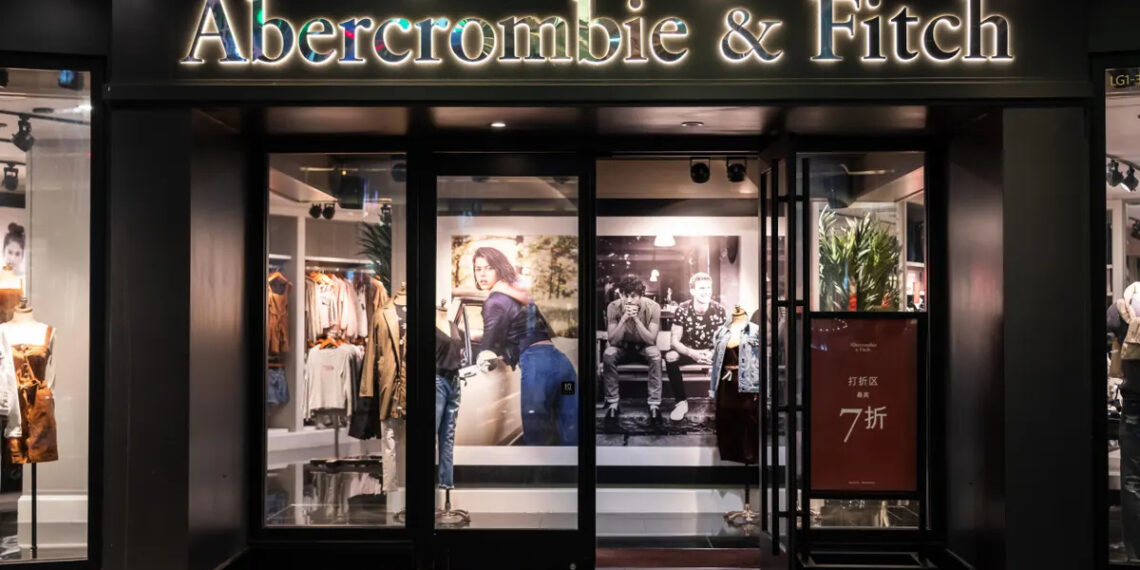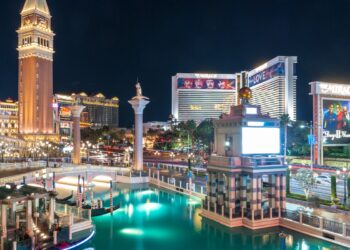
Abercrombie & Fitch Settles Religious Discrimination Lawsuits
Abercrombie & Fitch Settles Religious Discrimination Lawsuits
The EEOC announced in a press release clothing retailer Abercrombie & Fitch has agreed to pay $71,000 and to change its policies to settle two separate religious discrimination lawsuits on behalf of Muslim teens wearing hijabs (religious headscarves), the U.S. Equal Employment Opportunity Commission (EEOC) announced today. This settlement follows last week’s ruling finding Abercrombie liable for religious discrimination in one case, and an April 2013 ruling dismissing its undue hardship claims in the other suit.
In an order issued Sept. 3, U.S. District Judge Yvonne Gonzalez Rogers found Abercrombie liable for religious discrimination when it fired a Muslim teenager from her “impact associate” (stockroom employee) position solely for refusing to remove her hijab. Abercrombie had claimed that the hijab violated its “Look Policy” and permitting employees to wear it would harm the Abercrombie brand. Observing that Umme-Hani Khan had been interviewed and hired while wearing the hijab and had worked without incident at Abercrombie’s Hollister store at the Hillsdale Shopping Center in San Mateo, Calif., for four months, the court dismissed Abercrombie’s argument as “not linked to any credible evidence.” Khan intervened in the EEOC’s lawsuit and was represented by the Legal Aid Society/Employment Law Center and the Council on American-Islamic Relations.
Similarly, in an April 2013 ruling on the EEOC’s lawsuit on behalf of Halla Banafa, U.S. Judge Edward J. Davila also dismissed Abercrombie’s undue-hardship claims on summary judgment, citing the “dearth of proof” linking store performance or the Abercrombie brand image to “Look Policy” compliance. The EEOC lawsuit alleged that the 18-year old Muslim applicant was asked about her headscarf and religion during her interview, then denied a job as an “impact associate” in Abercrombie’s Great Mall outlet in Milpitas, Calif., for discriminatory reasons.
In a third lawsuit not part of this settlement, a district court in Tulsa, Oklahoma, ruled on July 2011 that it was religious discrimination for Abercrombie not to hire a Muslim applicant for a sales position due to her hijab. That case is pending on appeal in the U.S. Court of Appeals for the 10th Circuit.
EEOC General Counsel David Lopez said, “Three U.S. District Courts have agreed: Abercrombie cannot claim that permitting Muslim employees to wear their hijabs is an undue hardship based on its ‘Look Policy.’ As we celebrate the 50th anniversary of the enactment of the March on Washington for Freedom and Jobs, this victory is one more step toward achieving the goal of eliminating religious discrimination in the workplace.”
The EEOC, Abercrombie and Khan agreed to consolidate the settlement of the two California lawsuits into one Stipulated Judgment and Decree. Under the decree, Abercrombie will create an appeals process for denials of religious accommodation requests, inform applicants during interviews that accommodations to the “Look Policy” may be available, and incorporate headscarf scenarios into all manager training. The company will be required to make regular reviews of religious accommodation decisions to ensure consistency and provide biannual reports to the EEOC and Khan. Khan and Banafa will also receive $71,000 under the terms of the settlement.
“Our freedom to practice our religious beliefs is a fundamental right in this country,” said EEOC San Francisco Regional Attorney William R. Tamayo. “Where reasonable alternatives exist, the law requires employers to be flexible to enable workers to observe their faith and do their job. Employers can’t simply reject accommodation requests without concrete proof that the accommodations would cause harm to the business.”
EEOC San Francisco District Director Michael Baldonado added, “We are pleased about the policy changes resulting from these lawsuits and commend these two courageous young women for standing up for their civil rights. It is not easy to fight against such a large corporation. Their efforts have resulted in lasting and measurable change.”
Khan stated, “The judge’s ruling affirms why I challenged my termination when it happened. It is important for people stand up to discrimination when they experience it, because the law is on our side. I am hopeful that the policy changes will ensure what happened to me never happens to another A&F employee again.”
Banafa said, “I feel really good about fighting back and that my case will make a difference. I’m excited about the policy changes at Abercrombie and that the judges’ decisions will make it easier for other women who wear a headscarf to go to work.”
According to company information, Abercrombie & Fitch Co. operates retail stores under the brands Abercrombie & Fitch, for men and women over the age of 18; abercrombie kidstargeting preteens between ages seven and 14; and Hollister Co. for teenagers aged 14 through 18, with more than 1,000 stores in North America.
The EEOC enforces federal laws prohibiting employment discrimination. Further information about the EEOC is available on its website at www.eeoc.gov.
Recent Posts
Categories
- Attorney Marketing (4)
- Banking (5)
- Business Law (42)
- Child Custody (3)
- Court Cases (95)
- Criminal Defense (96)
- Discrimination (15)
- Divorce (1)
- Drug Crimes (4)
- DWI (1)
- Employment (24)
- Environmental (3)
- Family Law (1)
- Featured Articles (6)
- Identity Theft (1)
- Immigration (6)
- Latest News (123)
- Law Enforcement (8)
- Lawsuit (7)
- Medical (11)
- Personal Injury (3)
- Real Estate (1)
- Resources (88)
- Tax Law (13)
- Trademark (2)
- White Collar Crime (34)
RELATED ARTICLES

Attorney Review Guide (ARG) is a consumer-driven website focused on helping people in need of legal representation find the right attorney for their specific need. This means finding not only an attorney who practices in a specific field or geographical location, but one who is truly qualified and capable of handling your case effectively.
Company
About Attorney Review Guide
Support & Troubleshooting
Terms
Privacy Policy
Contact Us
Careers
Legal Marketing









